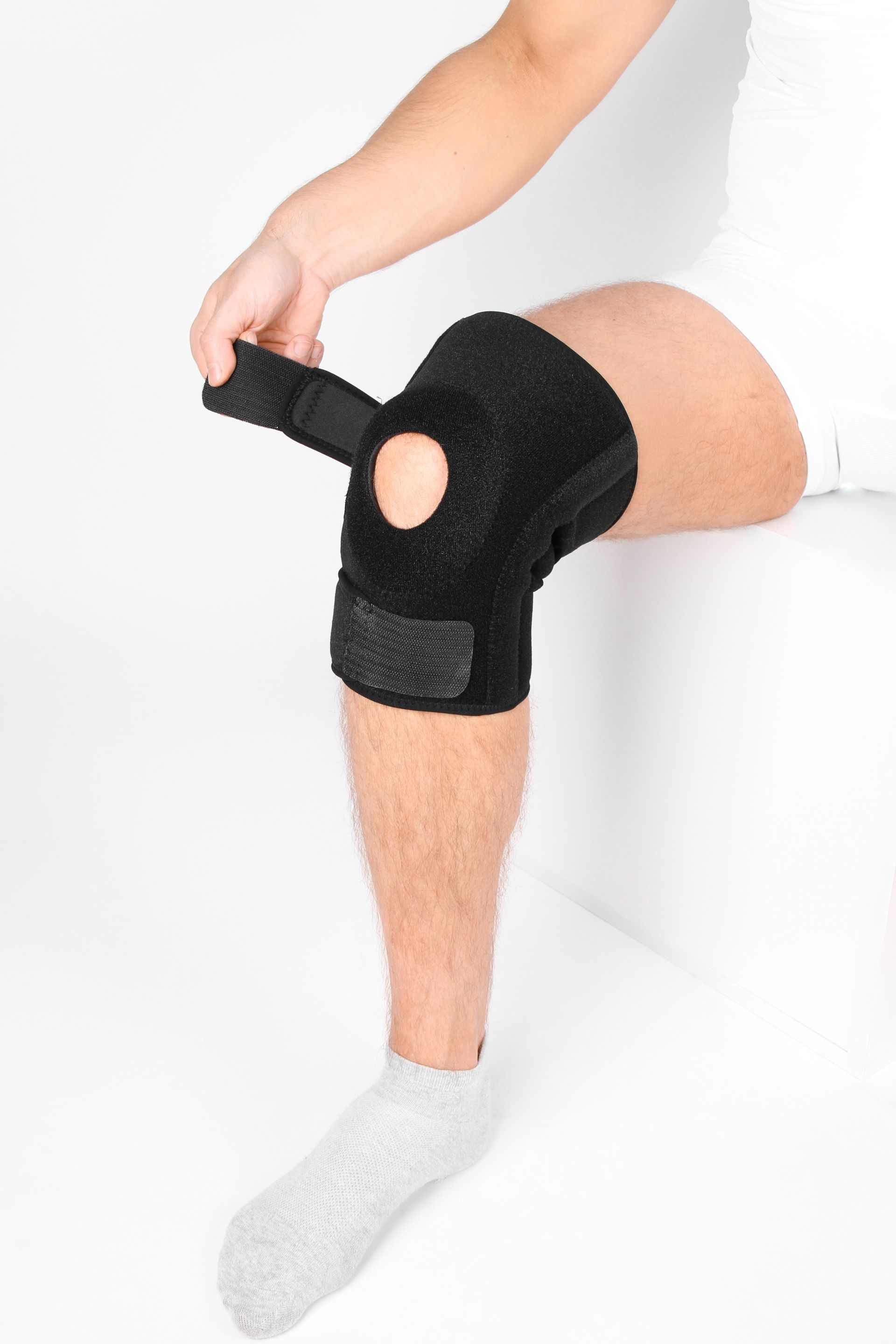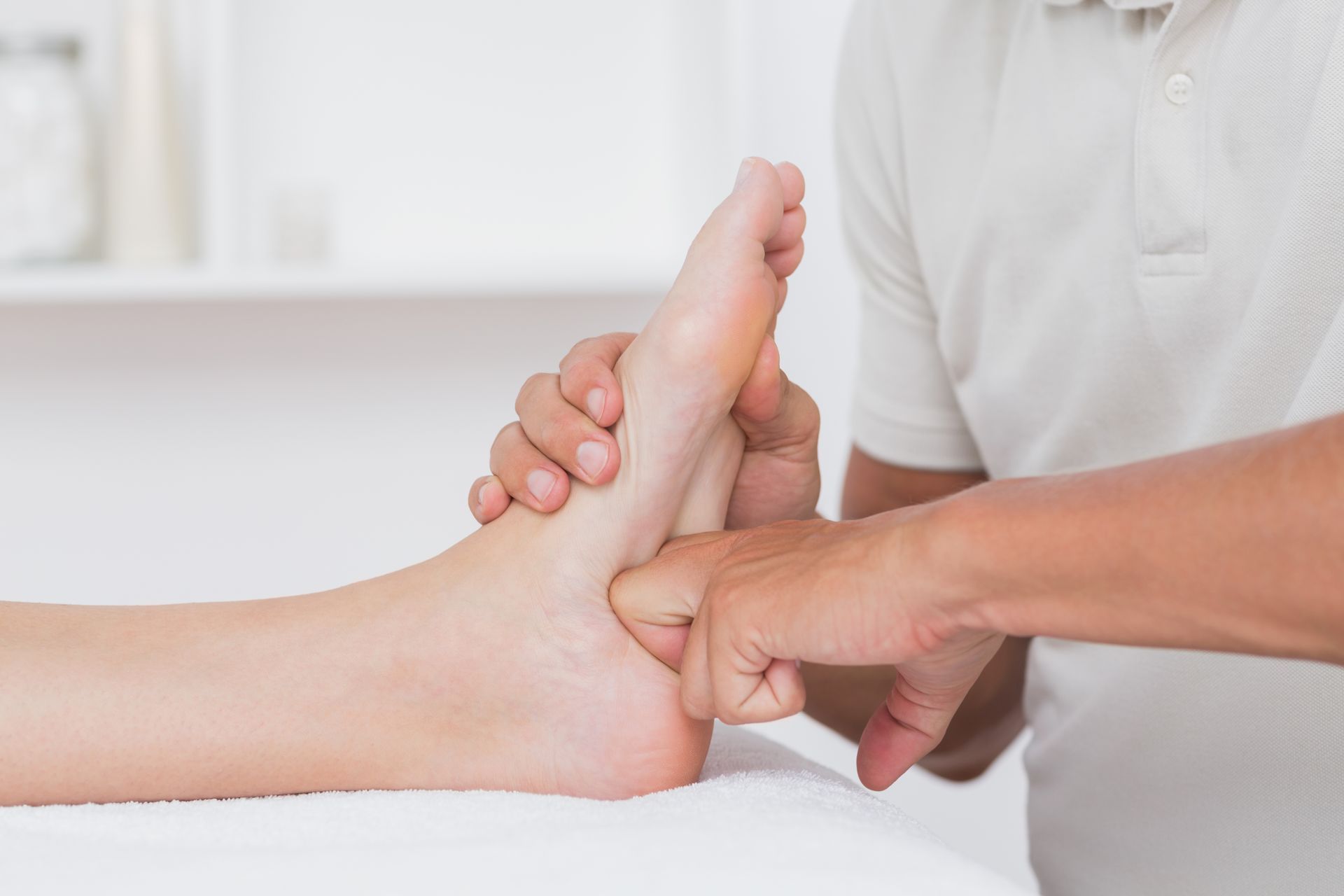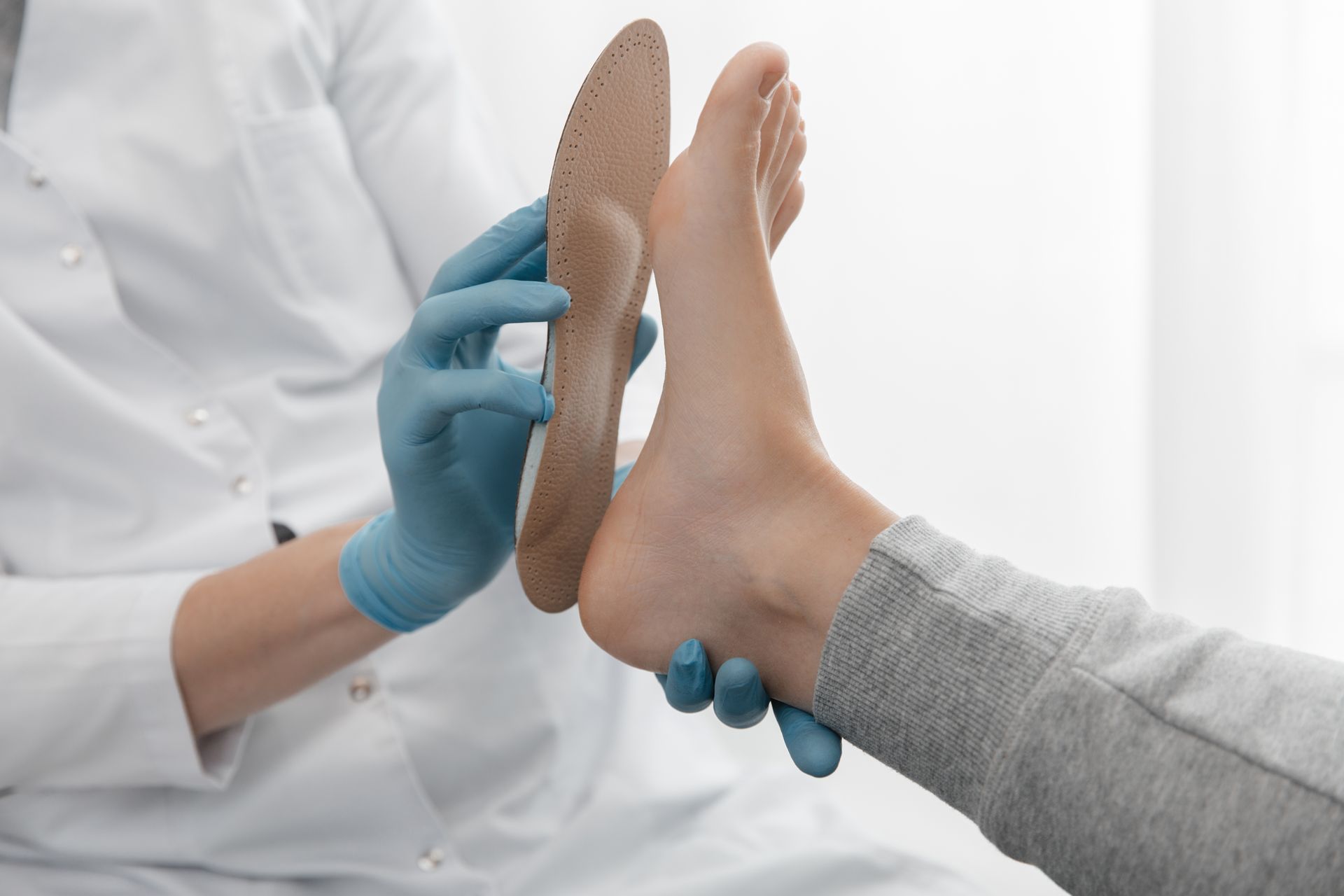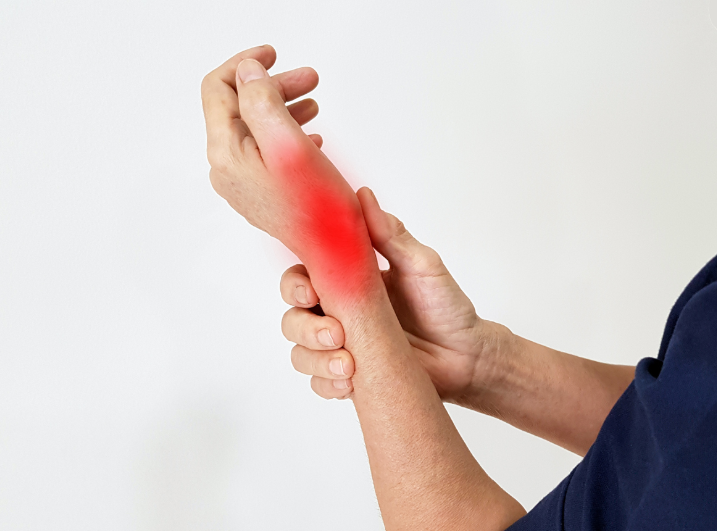Shin Splints Simplified: Understanding, Preventing, and Treating the Pain
Your Guide to Causes, Symptoms, and Effective Recovery Strategies

Shin splints, also known as medial tibial stress syndrome (MTSS), are a common condition characterized by pain along the inner edge of the shinbone (tibia). This ailment is particularly prevalent among runners, dancers, and those who have increased their walking/physical activity recently. Understanding shin splints, their symptoms, risk factors, and treatment options, especially through physiotherapy, can aid in effective management and prevention.
What Are Shin Splints?
Shin splints refer to inflammation of the muscles, tendons, and bone tissue around the tibia. This condition typically occurs due to repetitive stress and overuse, often from high-impact activities. The pain associated with shin splints is generally felt along the inner part of the lower leg, where the muscles attach to the shinbone.
Symptoms of Shin Splints
The primary symptom of shin splints is a sharp or dull aching pain along the shinbone, often exacerbated by physical activity and relieved by rest. Other symptoms may include: tenderness or soreness along the inner side of the shin, swelling in the lower leg, and mild redness or inflammation in the affected area.
Risk Factors for Shin Splints
Several factors can increase the risk of developing shin splints, including:
- Sudden increase in physical activity intensity or duration.
- Running on hard or uneven surfaces.
- Poor footwear that does not provide adequate support.
- Flat feet or rigid arches, which can alter normal walking or running mechanics.
- Weakness or imbalance in the leg muscles.
How Physiotherapy Can Help
Physiotherapy plays a crucial role in treating and preventing shin splints. At Delta Physiotherapy and Rehab, we employ a multi-faceted, and personalized approach to create a plan of care for each individual patient. For shin splints, the typical treatment will involve modalities such as electrotherapy, laser therapy, and in some cases, shockwave. These help to decrease pain, help get rid of any scar tissue, and decrease inflammation in the affected area. The usage of these will be determined by an assessment and diagnosis performed by our physiotherapists. This will also help us determine any possible causes for the injury. We also use manual therapy, such as soft tissue release and mobilizations, to help alleviate pain in the area. We will also prescribe you tailored exercises to strengthen the muscles around the shin and improve flexibility, reducing the strain on the tibia. We may also apply Kinesiology Tape to help take some of the load off of your joints and aid in proprioception, as well as educate you on how to apply this yourself at home between sessions. Physiotherapy not only aids in recovery but also empowers individuals with the knowledge to prevent future occurrences, ensuring a safer and more effective return to physical activity.
Shin splints, while painful and often debilitating, can be effectively managed with the right approach. Recognizing the symptoms and risk factors early, and seeking physiotherapy, can lead to a quicker recovery and help prevent future episodes.
Book a free 15 minute consultation with us today at Delta Physiotherapy & Rehab at either of our convenient locations in Central Parkway or Dundas, Mississauga, and we will get you started on your healing journey
Our Services
Delta Physiotherapy & Rehab Mississauga - Central Parkway
325 Central Parkway W, Unit 38, Mississauga, ON L5B 3X9
Phone: (905) 822-9898
Email:
info@deltaphysiotherapy.ca
Delta Physiotherapy & Rehab Mississauga - Dundas
2400 Dundas St W, Unit 16, Mississauga, ON L5K 2R8
Phone:
(905) 822-9898
© 2024 All Right Reserved. Delta Physiotherapy & Rehab Privacy Policy










